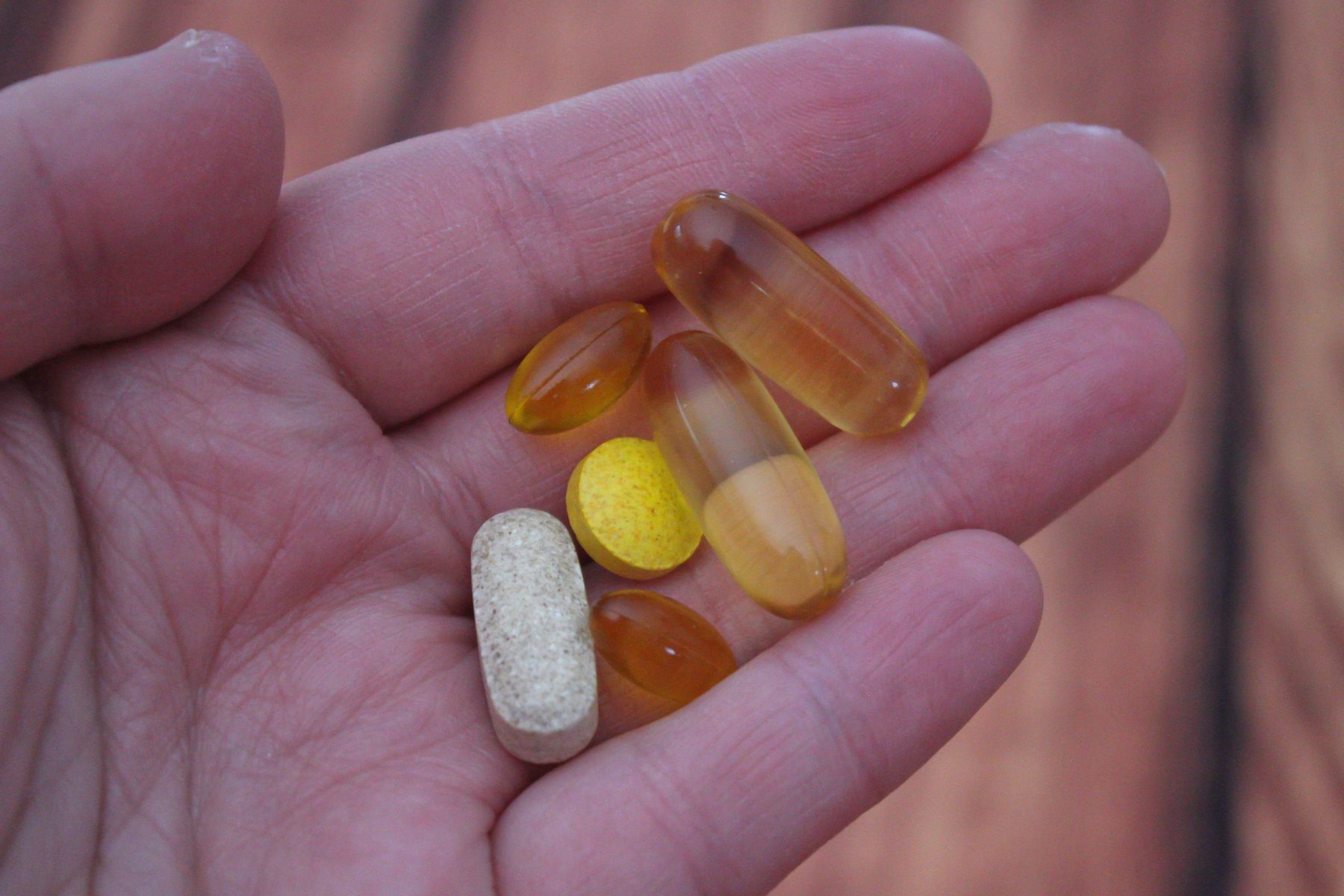Nine Vitamins You Aren’t Getting Enough Of

If you live in the United States, you might not spend much time worrying about nutritional deficiencies. After all, food is plentiful — you can snag a meal on nearly any street corner. However, consuming adequate calories doesn’t necessarily mean getting all the vitamins and minerals you need.
Far from being a minor inconvenience, a lack of some nutrients can result in severe symptoms that mimic those of several ailments. If you have a chronic disease, you might experience more frequent flare-ups and pain. You can stop or prevent these issues by observing your vitamin intake. Here are nine deficiencies to know about, including how to increase your consumption:
1. B12
A B12 deficiency can stem from multiple causes. You might lack intrinsic factor, which is a glycoprotein that helps you absorb this vitamin in the gut. If you have this condition, you may need to take injectable supplements.
Vegans and vegetarians are also prone to deficiencies because they don’t consume animal products, the primary source of B12. While some Asian green teas contain trace amounts, this occurs because farmers use fish bone meal for fertilizer. People who follow such lifestyles should take a supplement or consume foods fortified with the vitamin to ensure adequate intake.
2. Magnesium
Have you felt depressed recently? If so, you might have a magnesium deficiency, which can also cause tingling in your extremities. That’s because this mineral impacts nerve function and affects your brain. Modern processed diets create the problem, as only 16 percent of the original content remains intact in refined flour. You can find this mineral in nuts and seeds, so toss some almonds or pepitas on your lunchtime salad to boost your intake.
3. Iron
While a B12 deficiency causes pernicious anemia, a lack of this metal causes the more well-known variety of the condition. Like B12 deficiencies, though, this problem typically occurs in vegetarians and vegans. While you can get adequate intake from plant-based sources, it is the non-heme type that some people don’t absorb well. Heme iron occurs in red meat, so if you choose to supplement but eschew animal products, make sure to check the source.
4. Fluoride
If you’ve heard any controversy about fluoride in your city’s water supply, you’ll discover this is actually an attempt to correct this nutrient deficiency. Most fears about toxicity are unfounded, as the small levels found in toothpaste and other products are too low to cause problems. Tiny amounts will not even harm babies under 6 months old, so don’t worry about accidental overdoses if you are an adult. You need adequate levels of this substance to maintain healthy teeth and prevent cavities.
5. Calcium
If your grandmother seemed to shrink as she got older, she might have had osteoporosis resulting from a calcium deficiency. This crucial mineral helps you maintain bone strength, and low levels can result in increased fractures. You also need vitamin D to absorb this substance properly. Unfortunately, many Americans also lack that vitamin due to spending too much time indoors.
6. Folic Acid
If you are pregnant or trying to become so, your doctor probably recommended a folic acid supplement. This nutrient can cut your chances of premature delivery by 50 percent, so start taking it as soon as you see the plus sign on your home pregnancy test. You can also find food-based sources of this nutrient in deep, leafy greens, so make spinach and kale salads a regular part of your healthy diet.
7. Vitamin D
Low levels of this nutrient tend to develop over the winter, but they can occur at any time of year. Vitamin D is known as the sunshine vitamin because your body can produce it naturally with adequate exposure to natural light. If you are a vegan, mushrooms may represent your best plant-based food source of this substance, although you can also find foods fortified with it.
8. Vitamin A
Are you eating a variety of bright orange and red vegetables like red pepper and carrots? If you don’t, you could develop a vitamin A deficiency. The human body converts beta carotene, the phytonutrient that gives plants their crimson hue, into this substance. It is vital for maintaining healthy eyesight and protecting the immune system and mucus membranes.
9. Copper
This deficiency most frequently occurs in individuals with celiac disease. Because this metal protects your nerves, a lack can cause myeloneuropathy, which leads to a lack of coordination and difficulty walking. You can find this mineral in deep, leafy greens, as well as nuts. Try a salad with Swiss chard and slivered almonds.
Maximize Your Health by Getting Enough of These Nutrients
You can develop a nutritional deficiency from an inadequate diet, even if you consume ample calories. The best way to get all the vitamins and minerals you need is to eat a diet rich in fruits, vegetables and a balanced variety of other foods.






